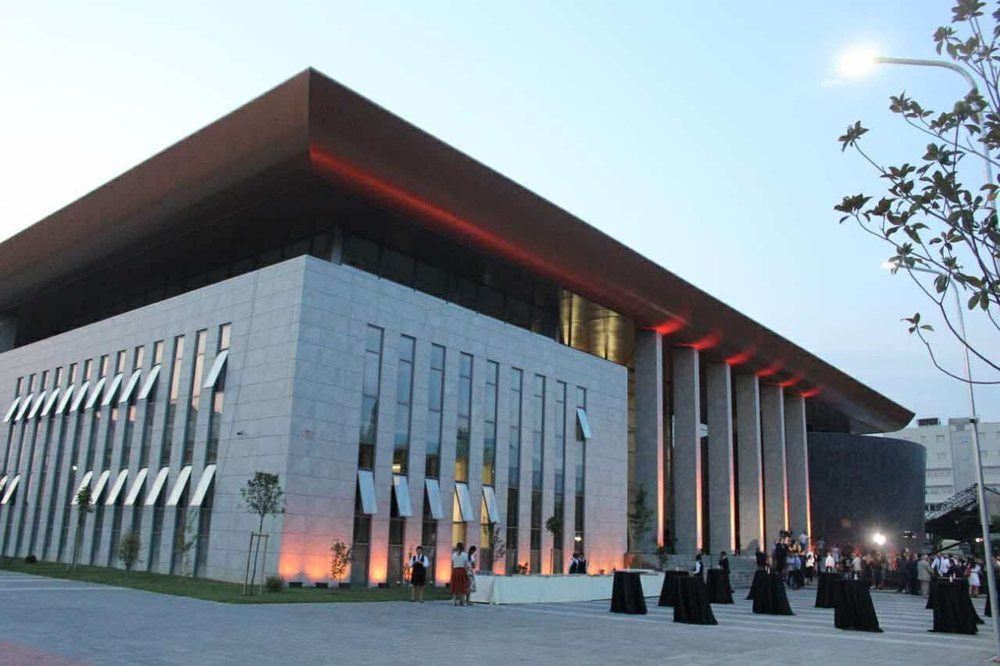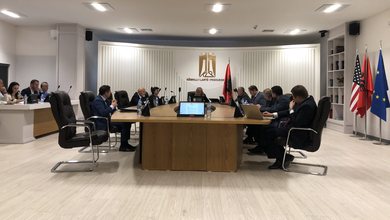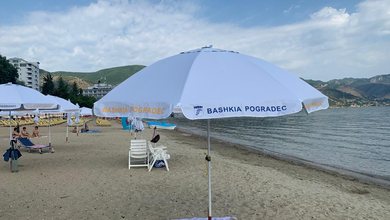
By Eris Leka
The Prime Minister's attacks, the silence of the institutions
On August 28, 2025, Prime Minister Edi Rama publicly targeted Judge Ligoraq Toshi for his decision not to allow the demolition of an unauthorized building with a glass dome that blocked the space between two buildings in Tirana. “It is wrong for a judge to be on the side of an unauthorized building and not on the side of the trapped community,” Rama declared, calling the building a “murderous barricade” in the event of a fire.
The Prime Minister warned that this was not the only case: prosecutor Elsa Gjeli and judges Hazbi Balliu and Klarent Demiri are also in his target, for decisions that he considers "absurd" and harmful to the public interest. Rama promised to refer all these cases to the leading bodies of the judiciary and to include citizens affected by judicial decisions in their appeals.
In any functioning democracy, such a frontal attack on magistrates would provoke an immediate reaction from the institutions of self-government of justice. In Albania, the opposite happened: the KLP and the KLGJ chose silence.
Having Silence as a lifestyle, the High Prosecutorial Council and the High Judicial Council, institutions established by justice reform to guarantee the independence of judges and prosecutors, have been degraded into notary offices of the majority.
Their members enjoy hefty salaries, luxurious cars and offices, per diems and travel, but when it comes to defending politically attacked judges and prosecutors, they remain silent like loyal patrons.
This is no longer just conformity – it is passive cooperation with the capture of justice.
The irony of the reaction: judges against the government, councils in silence
Unlike these silent institutions, the only ones who dared to react are the judges themselves.
• August 23: The Union of Judges denounced the Prime Minister's “anathemization and public trial” of judges.
• August 27: after Rama's next attack, they warned that "derogatory language and pressure on judges undermine the independence of justice."
So, while the magistrates seek protection, the KLP and KLGJ remain silent, leaving them defenseless in the face of political pressure.
Why are they silent?
Because their staffs are appointed based on political loyalty, not merit.
Because instead of being a shield for magistrates, they have become appendages of the executive branch.
Because instead of being the guarantor of independence, they have become the guarantor of silence.
This is the patronage morality: get your salary, enjoy the privileges, and don't you dare disturb the Prime Minister's peace.
If we want an independent judiciary, it is not enough to just change the members of the Councils.
Change must start with their own administrative staff:
• by politically appointed advisors,
• from the secretariats that filter every decision,
• from the bureaucratic apparatus that ensures that everything goes smoothly, without noise, without resistance.
Without cleaning up these structures, the KLP and KLGJ will remain expensive facades that serve as notaries of power, not as defenders of justice.
The KLP and KLGJ cannot claim to defend justice when they do not react in the face of the Prime Minister's public attacks. Their silence is not neutrality – it is a betrayal of the constitutional mission entrusted to them.
Magistrates have the right to ask: what use are these councils to us, except to consume the state budget and remain silent as patrons?
If change does not start from within these institutions, independent justice in Albania will remain simply an empty slogan in political speeches, while the reality will remain the same: magistrates under pressure, institutions in silence, the executive on the offensive.




















